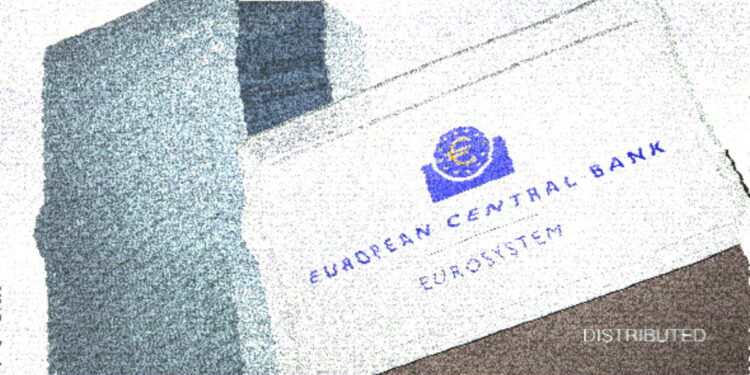European Central Bank (ECB) key decision-makers have resolved to raise interest rates again in the upcoming month. Although there is a divergence of views regarding future monetary policies, the persistently high levels of underlying inflation have prompted policymakers to consider further rate increases.
Let’s dive deeper to understand the need to hike interest rates and examine the reasons for ECB’s recent decision.
As we know, interest rate hikes are vital for central banks to manage economic conditions, control inflation, and maintain financial stability. When the economy is multiplying, or inflation rates are rising, central banks often raise interest rates to moderate economic activity and curb inflationary pressures.
Let’s look at the key reasons why the ECB is considering raising interest rates again in July:
Keep a check on high inflation:
Despite minimal economic growth, underlying inflation in the Eurozone has remained stubbornly high. Policymakers are concerned about the sustained upward pressure on prices, notably when excluding volatile energy and food prices. With underlying inflation at 5.3% in May, a substantial drop is necessary to avoid further rate hikes.
Stabilizing prices across the board:
The ECB’s primary mandate is maintaining price stability within the Eurozone. The central bank aims to control inflationary pressures by raising interest rates and preventing prices from rising excessively. This approach ensures that the euro’s purchasing power remains stable and fosters sustainable economic growth.
Addressing market concerns:
Markets have already priced in one more rate hike, anticipating further tightening. If the ECB fails to follow through with additional rate increases, it could create uncertainty and potentially undermine market confidence. Policymakers must balance market expectations with the need to manage inflationary pressures effectively.
Rate Hike Trends:
Below is a graph that can assist us in analyzing past interest rate increases in the Eurozone.

We can observe that interest rates have recently experienced a rapid upward trajectory. The ECB’s decision to raise rates to around 4.00%, the highest level in 23 years, demonstrates its commitment to combating inflationary pressures. The steady increase in interest rates reflects the urgency to address rising inflation and maintain price stability.
The historical interest rate gains highlight the urgency with which policymakers are responding to inflationary pressures. It will be interesting to see how the ECB balances taming inflation and supporting economic growth to ensure a stable and prosperous Eurozone economy.



